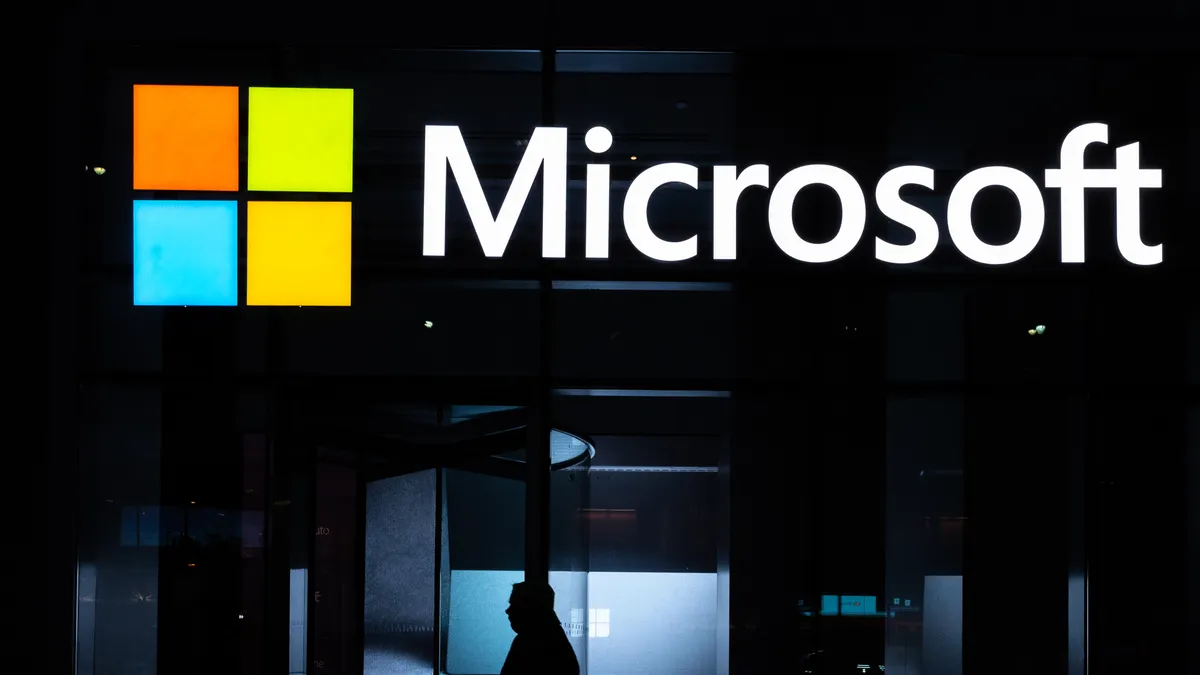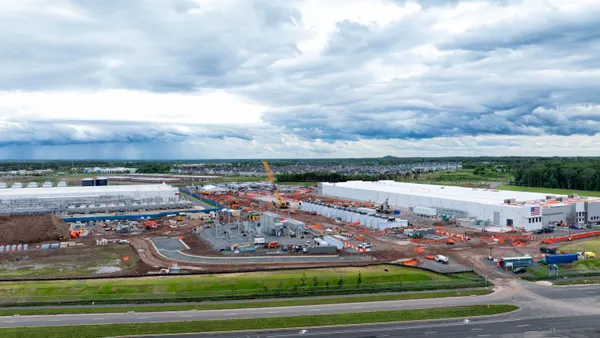Dive Brief:
- Microsoft introduced a new electronic health records cloud database solution Thursday, which leverages Azure Large Instances infrastructure and is designed to handle high-volume, mission-critical workloads.
- The solution stems from Microsoft’s long-standing partnership with Epic, the largest EHR provider in the U.S. The two companies deepened their alliance in April around integrating cloud-based generative AI into healthcare.
- Mount Sinai Health System is the first provider to implement the new solution, which is now available to all Epic customers, Microsoft said in an email.
Dive Insight:
The massive and complex healthcare industry is a major front in the battle among hyperscalers to capture new cloud workloads.
A vertical that satisfies regulatory compliance, ensures data security and meets other sector-specific IT needs represents one strategy Microsoft has pursued. The company introduced Microsoft Cloud for Healthcare last year and expanded its capabilities to include insurers as well as providers in April.
The EHR solution is a separate Azure feature, the company said. It emerged from a 2022 partnership with IT consulting firm Accenture to facilitate Mount Sinai’s cloud migration.
As part of that ongoing effort, the healthcare provider moved clinical applications as well as Epic data to Azure, paving the way for a broader industry solution.
“Through our collaboration with Epic, we are delivering innovation for customers on Azure that will help healthcare organizations reduce the complexity of infrastructure management and control costs with a secure, scalable and agile public cloud solution,” Tom McGuinness, corporate VP, global healthcare and life sciences at Microsoft, said in the announcement.
Mount Sinai is one of New York City’s largest academic medical systems, encompassing the Icahn School of Medicine and eight hospital campuses in the metropolitan area. It now has the largest production instance of Epic running on cloud of any healthcare provider, the announcement said.
The new solution further enables Mount Sinai’s digital transformation, accelerates AI deployments and reduces upfront infrastructure costs, Kristin Myers, EVP, chief digital and information officer and dean for digital and information technology at Mount Sinai, said in the announcement.















